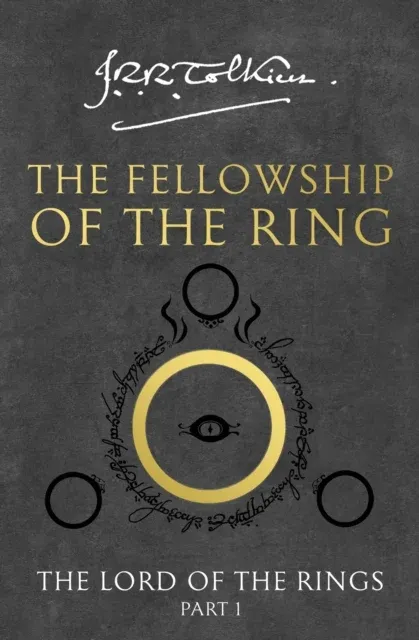German Unification

The French Revolution created the modern nation-state. For years, people questioned the old monarchical system of government, and many were willing for a stab at a republican form of government, like the United States, or a constitutional monarchy, like France.
Some of the first nations to be formed in Europe were France, Italy, and Germany.
In 1848, the German Confederation was made of 39 states, including Austria and Prussia. These states would eventually come together to become the German Empire, but they would not have done so without the help of Otto von Bismark, the Prussian prime minister.
Bismark was the most important factor in the unification of Germany. When the parliament would not approve funds to expand the military, Bismark fired them all and collected the funds anyway. He built the Prussian military into the strongest in the German Confederation.
A conflict with Denmark resulted in the country ceding land to Prussia that came under Austrian control. A short war followed between Austria and Prussia, lasting seven weeks, and the result was the victory of Prussia and the unification of the northern German states.
After a short conflict with France, in 1871, King Wilhelm I of Prussia became the first king of the German Empire.




